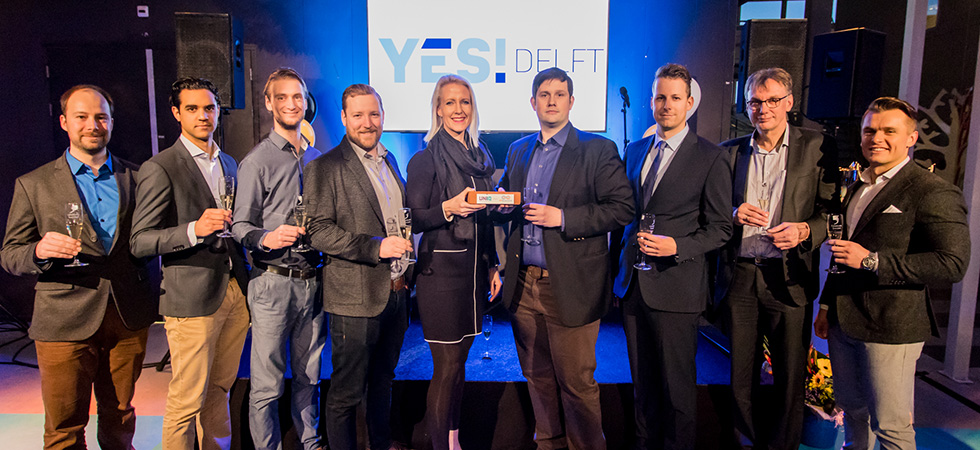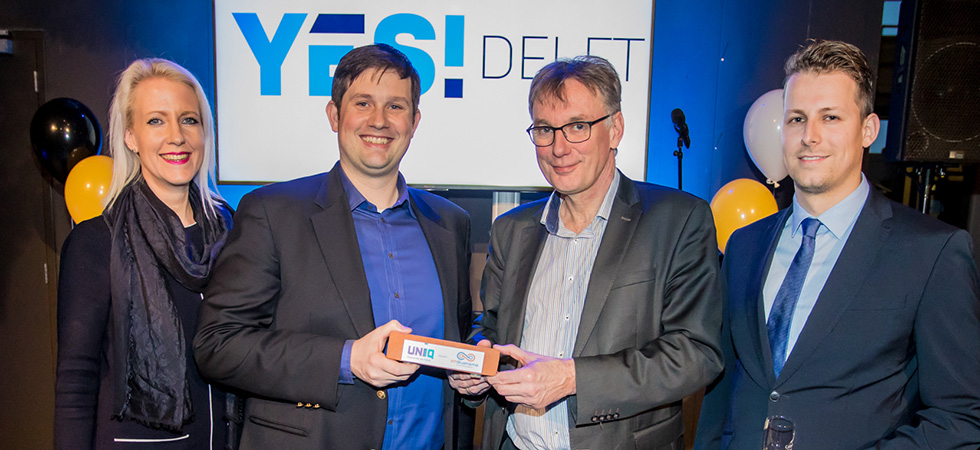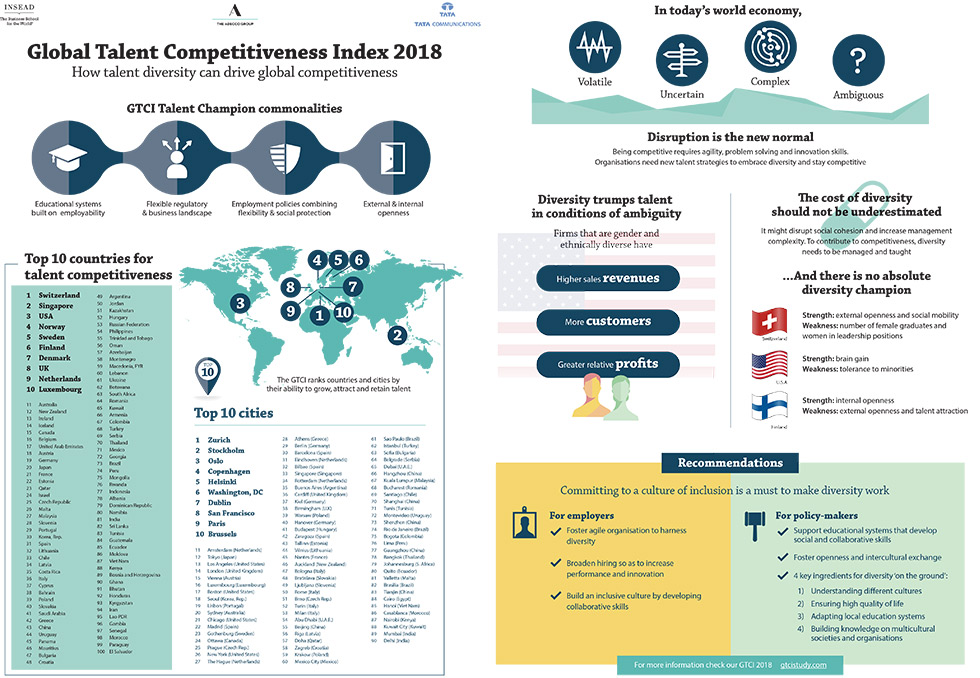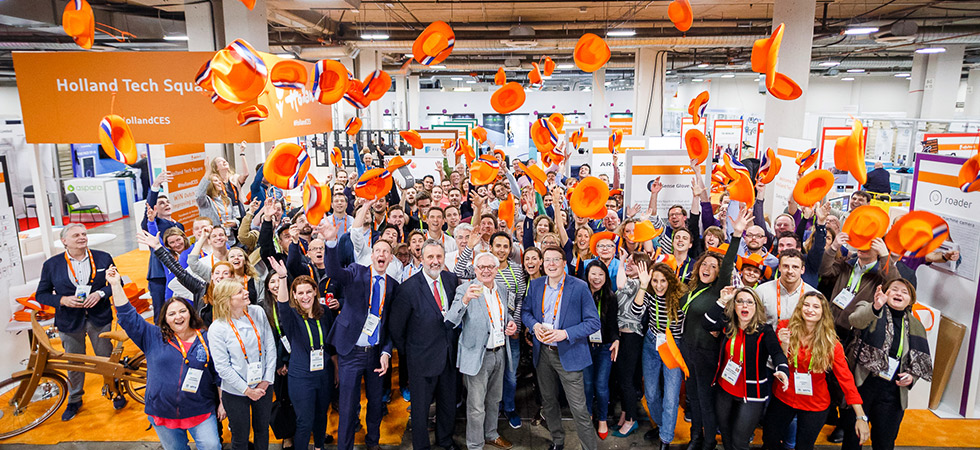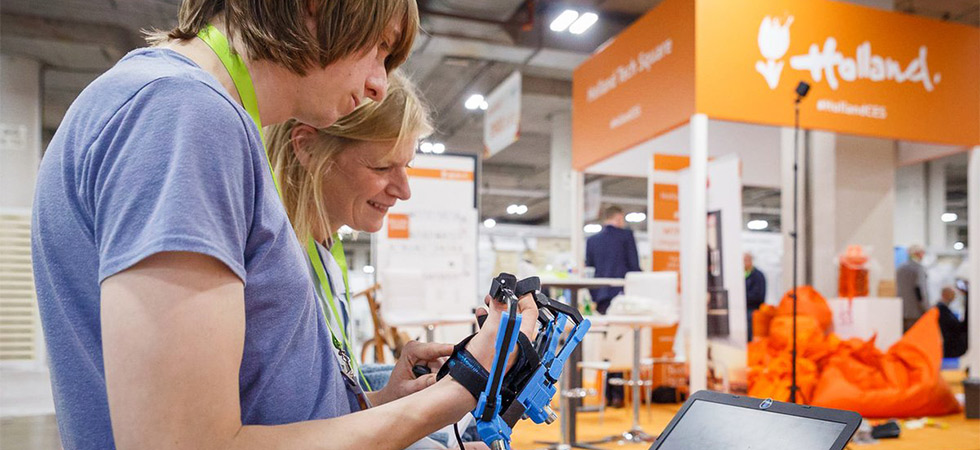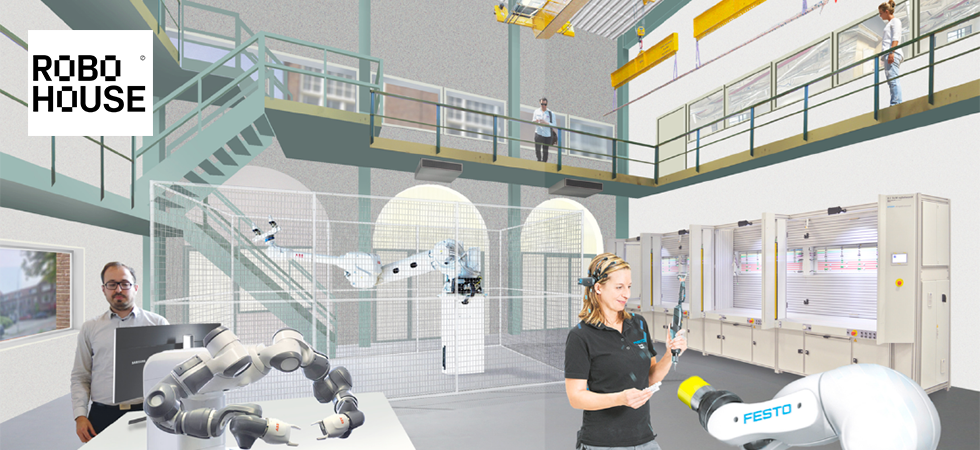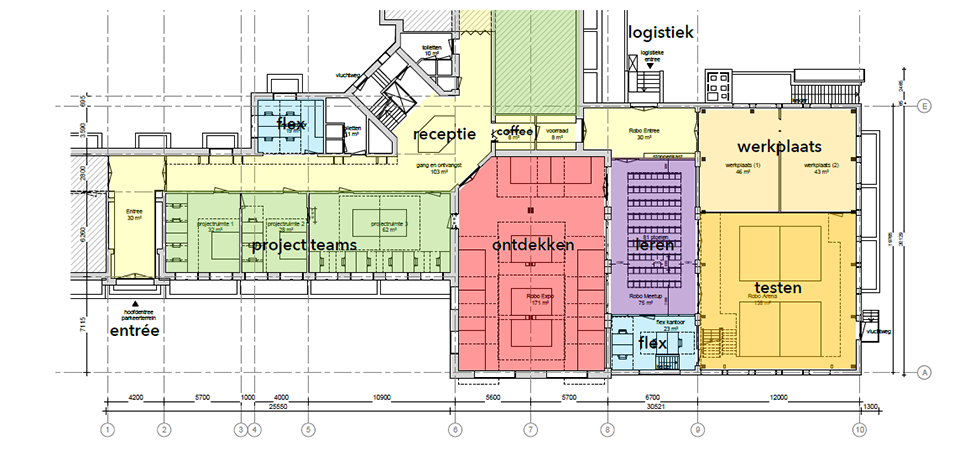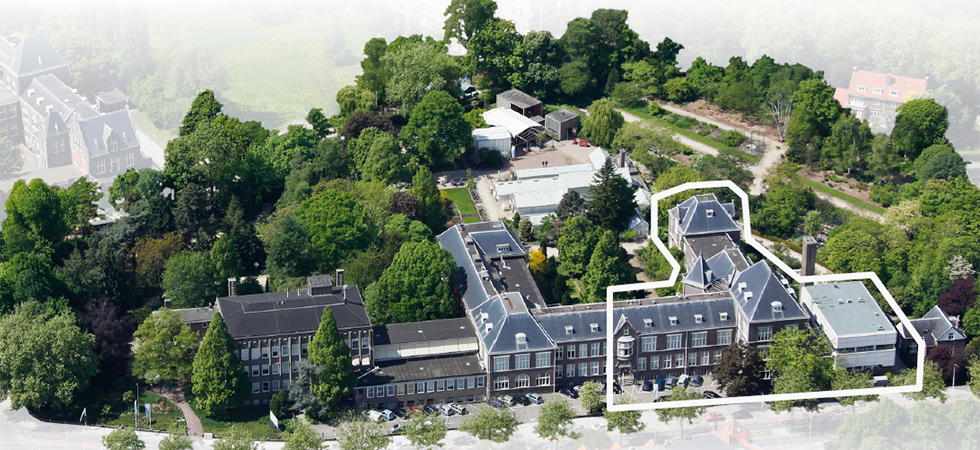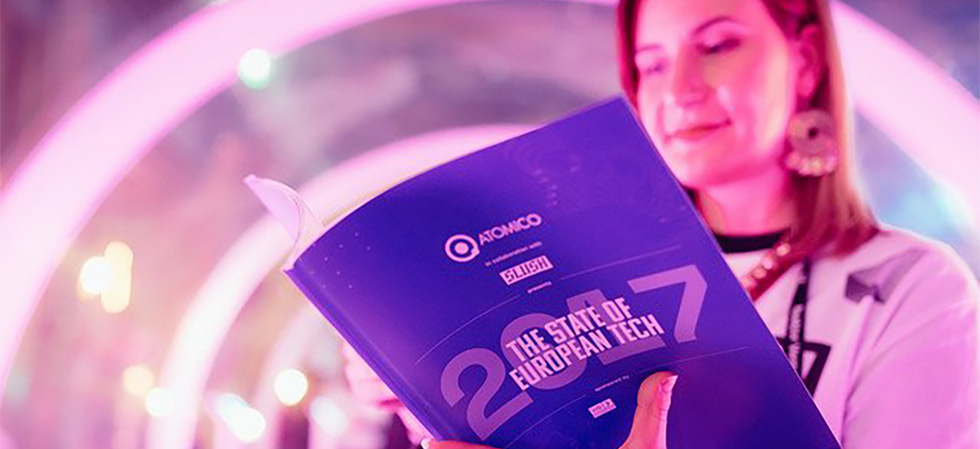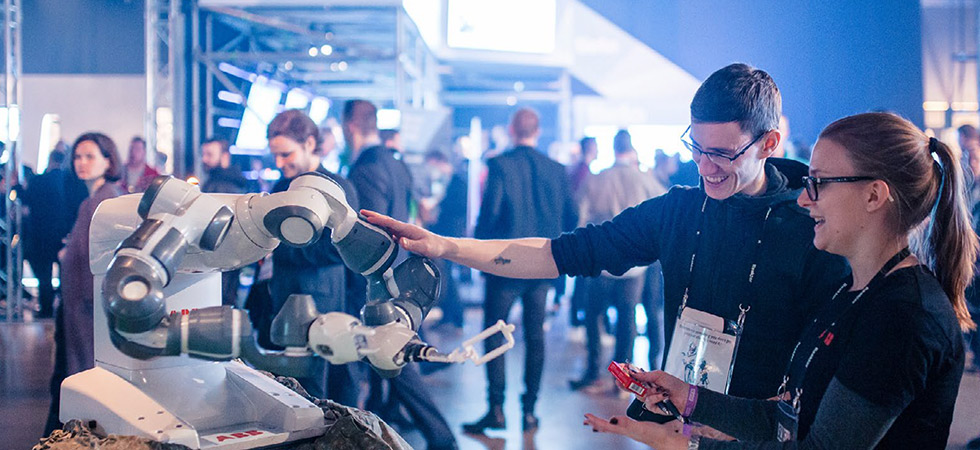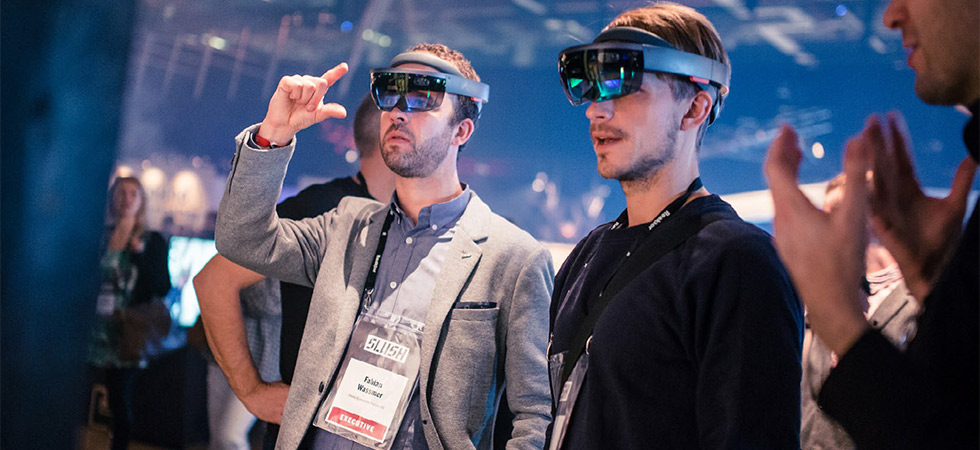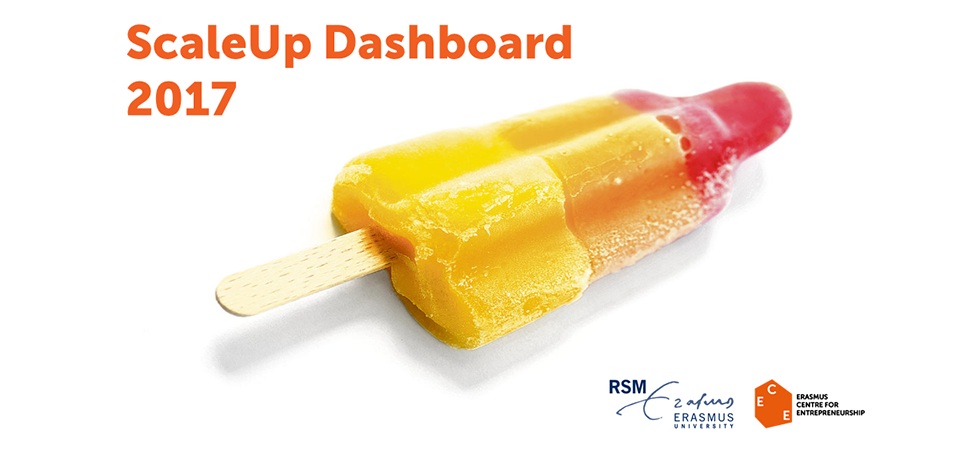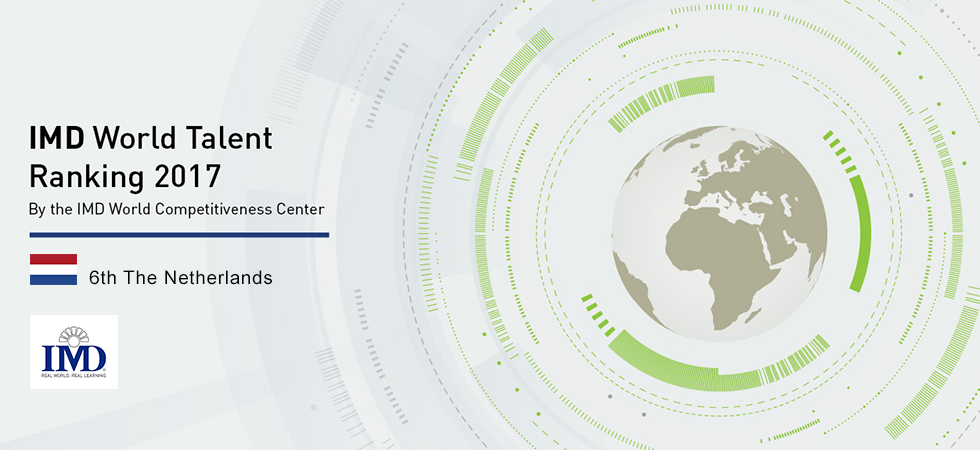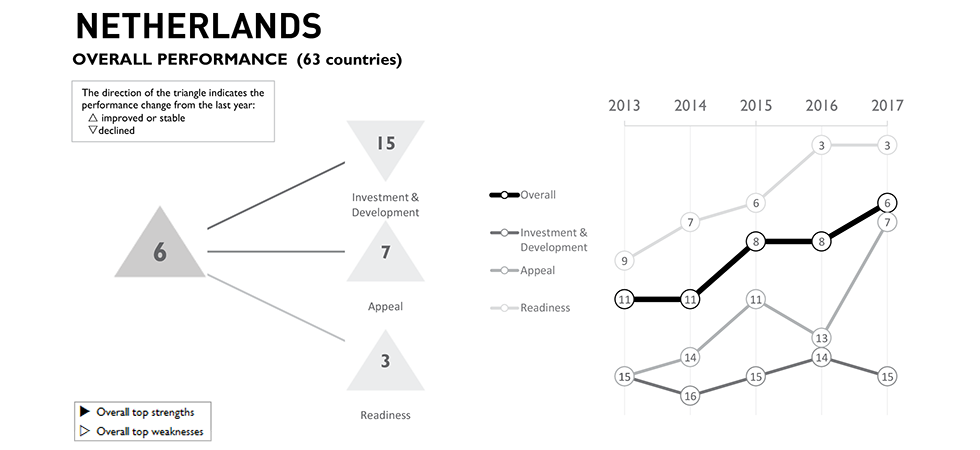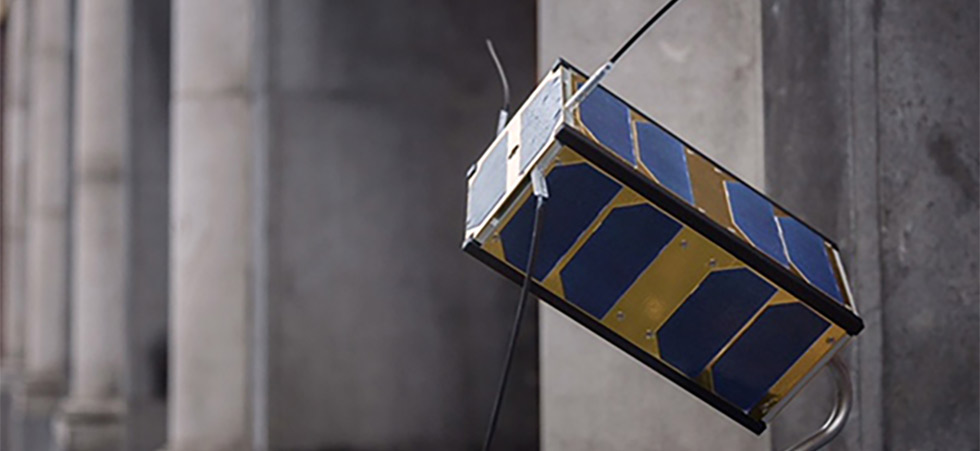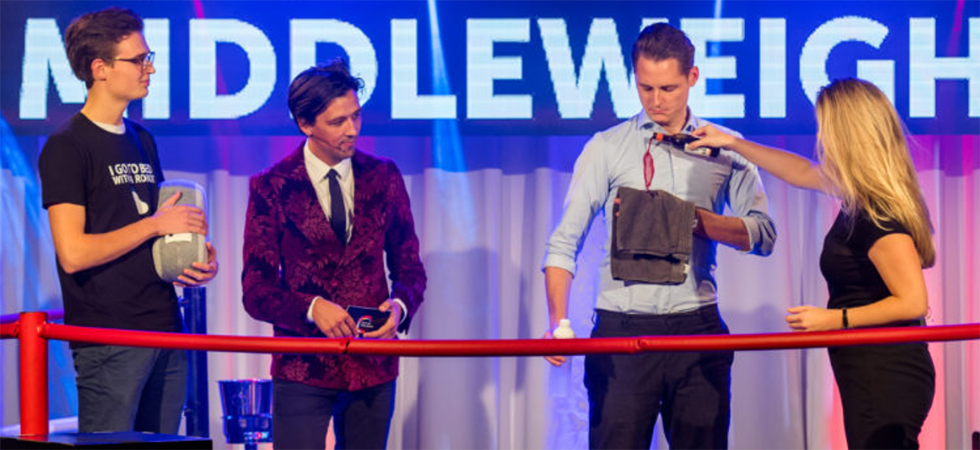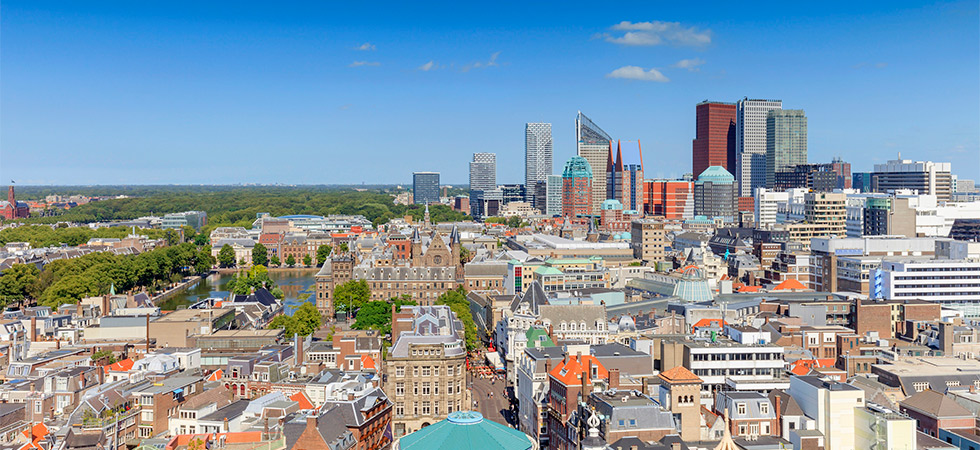
FMost investments are from China and the United States
With 14 companies, China proved to be the largest investor in The Hague again last year. However, the extra efforts of The Hague Business Agency and InnovationQuarter to attract companies from the United States, the United Kingdom and India in particular paid off in 2017. Some 11 US firms chose The Hague as a base for business, while six companies from the United Kingdom invested in the city and no fewer than five Indian enterprises opened a new branch here.
Deputy Mayor Karsten Klein (Economic Affairs, Harbours, Welfare and Health): “The Hague has made great strides in recent years to raise its international profile as an attractive business destination. New partnerships with the Indian states of Karnatarka and Telangana, as well as the collaboration between our acquisition partners and other partners within the city, have contributed to this. There has been an immediate and visible growth in investments from this country, which will ultimately result in more jobs for the city.”
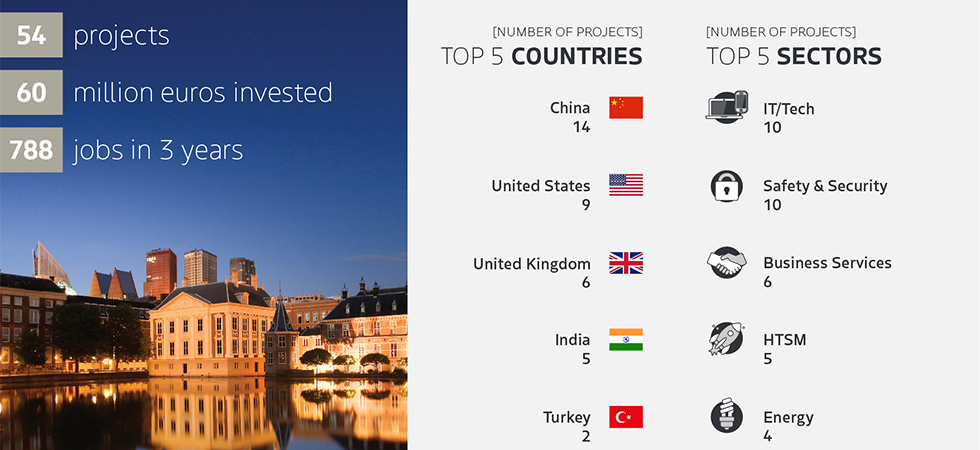
IT, Tech, Cybersecurity and Energy
The Hague is very popular with companies in the IT, Tech and Cybersecurity sectors. LeoSat, a US tech firm, opted for The Hague and starting in 2019 is slated to be the first company in the world to offer low-latency, long-distance data traffic using optical inter-satellite connections.
The Indian company Krypc Technologies, a fast-growing international supplier of blockchain platforms, and the US cybersecurity business Dtex Systems, which develops unique software for detecting threats from the inside and infiltration from outside, both chose The Hague as the location for their European headquarters. In addition, the Danish energy company Ørsted (formerly Dong Energy) chose The Hague as a base from which to prepare the construction of wind farms in the North Sea.
These developments serve to boost the city’s role in vital sectors, such as Energy, IT, Tech and Cybersecurity, and have a knock-on effect by making The Hague even more attractive to foreign companies looking to invest.
Deputy Mayor Saskia Bruines (Knowledge Economy, International Affairs, Youth and Education): “Our policy of stimulating the knowledge infrastructure as well as encouraging close cooperation between educational institutions and the business community are clearly having a positive impact. The focus on innovative economic sectors is already resulting in extra jobs. We are also working hard on strengthening the peace and justice and security clusters by internationally raising the profile of the city in these sectors and emphasising their economic added value.”
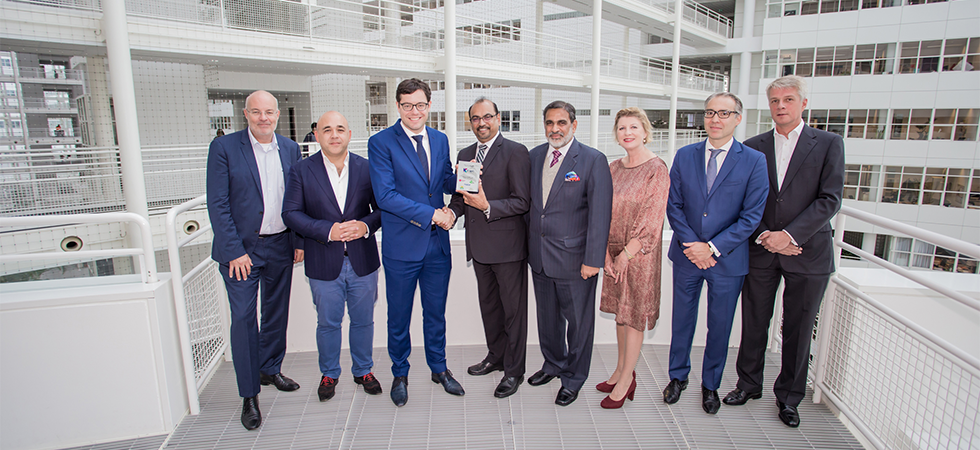
Krypc Technologies / from left to right: Mark Beermann, Danny Frietman (Enterprise Summit), Karsten Klein (Deputy Mayor for Economic Affairs, Harbours, Welfare and Health), Venu Rajamony (Ambassador of India), Ilja van Haaren (The Hague Business Agency), Chris van Voorden (InnovationQuarter) and Paul de Kroon (34 Capital).
International city of Peace, Justice and Security
More International organisations and NGOs are also finding their way to The Hague, international city of peace, justice and security. In 2017, the Department of International Affairs (Bureau Internationale Zaken, BIZ) in collaboration with The Hague Business Agency helped UN OCHA and International Alert set up office in The Hague.
UN OCHA is a data centre for collecting and analysing information on people affected by natural disasters and humanitarian crises. The non-governmental organisation International Alert was established to help people in conflict zones find peaceful solutions.
Additional jobs for The Hague
The Hague’s appeal as a business city is increasing. In addition to the companies that were actively supported by the acquisition partners mentioned above, other international firms have also opted for The Hague. AstraZeneca, a biopharmaceutical firm with its international head office in the United Kingdom, moved 200 people from Zoetermeer to The Hague, while the British company Merlin Entertainments confirmed The Hague as the location for a Legoland Discovery Centre. This tourist attraction is expected to open its doors to the general public in 2019.
Cooperation in The Hague region
Attracting foreign investment is of great importance to The Hague as well as to the Netherlands. It contributes to economic growth and creates jobs. The 54 investment projects are the result of a joint effort by The Hague Business Agency and InnovationQuarter in association with the Netherlands Foreign Investment Agency (NFIA), an operational unit of the Ministry of Economic Affairs and Climate. As ‘Invest in Holland‘ partners, the two acquisition partners support the City of The Hague in profiling the region internationally as an economically attractive business location. Have a look also at the NFIA results 2017.


